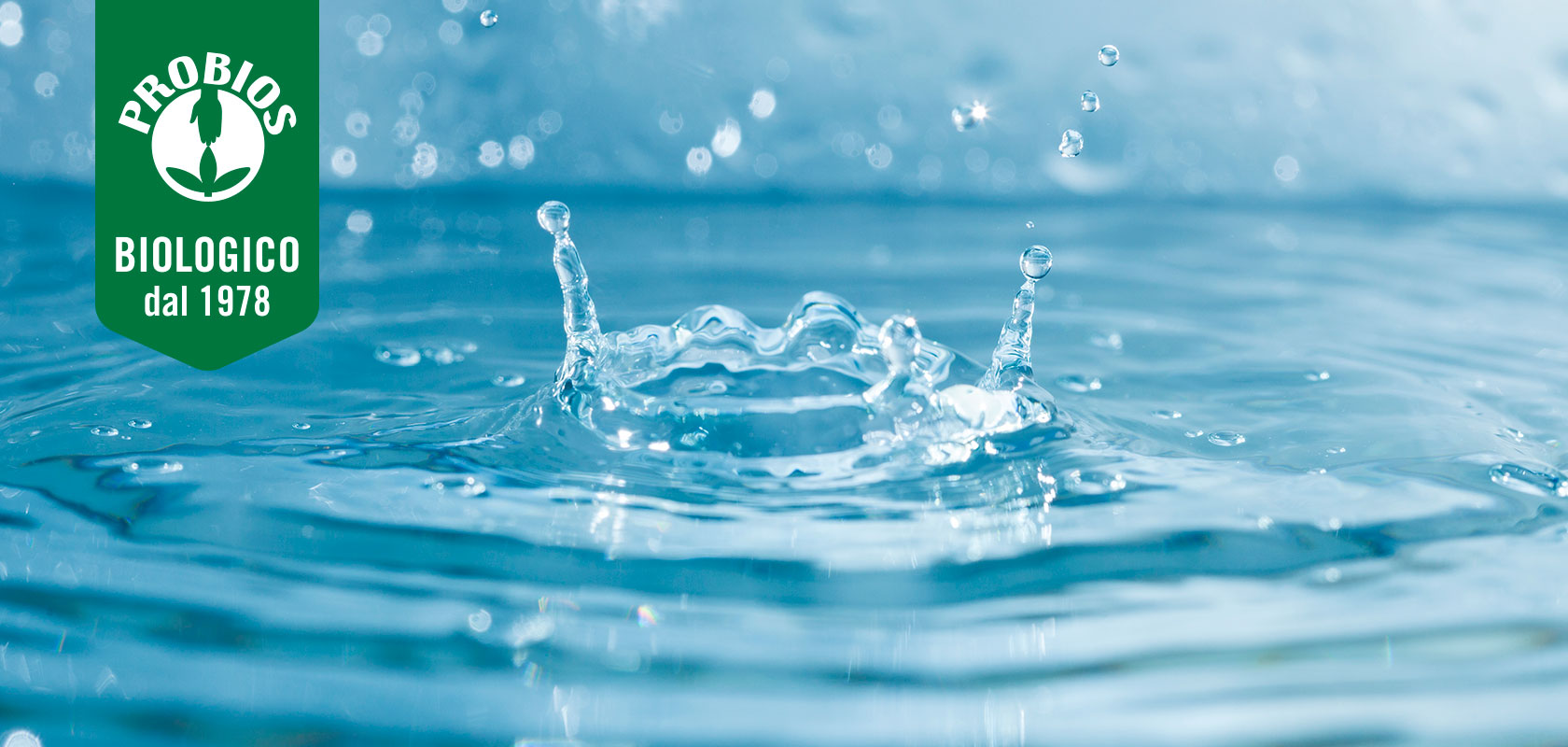
Every year, on March 22, the World Water Day is celebrated, established in 1992 by the United Nations to invite each member state to take concrete actions to safeguard, protect and promote this precious asset.
Over the years, it has become an increasingly important event, involving not only the United Nations General Assembly countries, but also non-governmental organizations and associations that deal with the environment defense, water resources and global accessibility to drinking water.
Water: a primary good to be safeguarded
The climate changes in recent years, the desertification that is advancing at a fast pace and the evident changes in the environment have finally made it clear that water isn’t an infinite resource. Worldwide, millions of people could find themselves in a condition of constant water shortage in just 10 years, as they can no longer freely access to clean water. Scientists have raised a worrying alarm: this trend must be reversed immediately, time has run out and can no longer be postponed.
Moreover, water is an important indicator of a population's economy too and the gap between rich and poor is also highlighted by the ease to access it: the poorest countries on Earth, in fact, don’t have clean water and adequate sanitation, while the more industrialized ones make an indiscriminate use of it, taking for granted its unlimited availability.
Good practices for sustainability and protection of the environment and water
For this reason, World Water Day is an important moment to put the spotlight on this problem and suggest good daily practices that all of us can undertake to reverse the trend towards indiscriminate waste of drinking water.
Saving water, for example, passes through small daily actions such as closing the taps while brushing our teeth or soaping ourselves in the shower (preferable to a bath tub!); use the washing machine and dishwasher only when fully loaded, install reducers and reuse waste water to water.
Water saving, however, depends a lot on food choices too: a Mediterranean meat-free diet, for example, allows you to reduce the water consumption linked to the entire production chain. To know the breeding method, then, is fundamental: did you know that animals grown on pastures need six times less water than those of intensive breeding?
Organic farming pursues water efficiency specifically regulated by standards present in the certification process: buying products from organic farming means contributing to significant water savings.
On the occasion of March 22, therefore, do reflect on our habits and begin to change them: choosing an organic diet contributes to environment and water protection, finally recognizing them as inalienable common goods.





